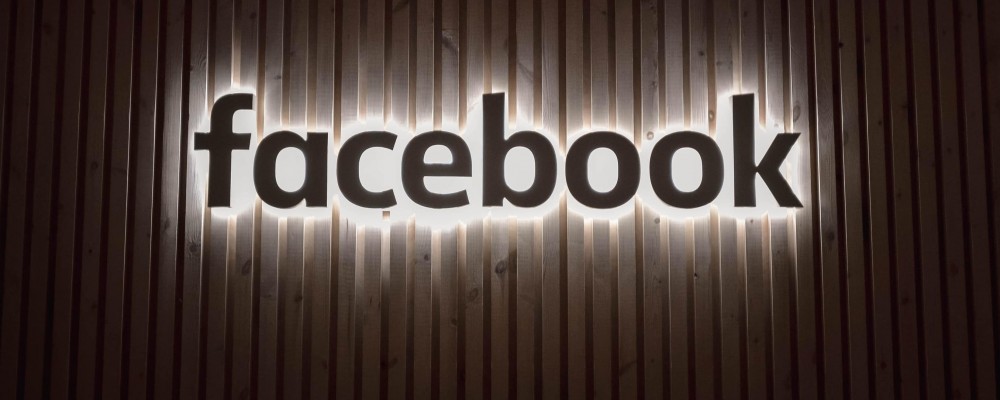Filter by Category
Filter by Category
Contents
Alternatives to Facebook groups are growing as many community hosts realise that other platforms offer greater advantages and more freedom
With last year’s major newsfeed algorithm change, many brand pages have found themselves struggling to overcome plummeting engagement rates. Facebook groups provide engagement hubs where people with shared interests can come together and build valuable relationships. Or at least that’s how it’s supposed to be. In reality, most groups are digital ghost towns, while those open to the public are often inundated with spam. Even Mark Zuckerberg himself stated recently that only around 200 million of the 2.2 billion users are members of what he describes as meaningful groups. Thus, it perhaps shouldn’t come as a surprise that many brands are now looking for alternatives to facebook groups to achieve their community goals.

#1. Product ideation
Living in the Age of the Consumer means that customers are more deeply involved with their favourite brands than ever before. The internet provides them the means to not only leave feedback, but also to provide suggestions and have a direct influence on the development of the products and services they love. An online community can serve as a powerful platform for product ideation by allowing you to crowd-source and rate ideas and give increased visibility to the best ones. Facebook groups can, in theory at least, serve as a foundation for product ideation, but you’re also faced with the choice of trying to moderate a public community or keeping people out from a much smaller private community.

#2. Customer support
People often take to their Facebook timelines to vent their frustrations with the latest product failure or service outage, but rarely does this lead to any constructive feedback. On busy brand pages and groups, many support queries quickly vanish under a barrage of mindless chatter and spam. On the other hand, private groups aren’t nearly accessible enough, given that every paying customer should have the right to prompt support. Customer support communities are poorly suited to Facebook groups, since they lack the features and functions to enable a peer-to-peer support platform that always lends visibility to proven solutions. The best Facebook group alternative for customer support is instead an on-site discussion forum.

#3. Event planning
Indeed, one of the most common uses for Facebook is to plan events, and event planning is one of the many pre-defined categories available for selection when you start a group of your own. For groups of friends and other close-knit communities, an event planning group can still offer an effective way to publicise and promote events. But for brands, it often turns out to be a waste of time. For example, many people join public social media groups yet never engage, while private groups aren’t very useful if you want to promote events to wider groups of existing and potential customers.

#4. Courses and online education
It’s perhaps ironic that Facebook originally started as a study group exclusively for students of Harvard University, yet has now become one of the most infamous productivity killers of modern times. There’s no denying that Facebook is addictive, and you can be sure that the average user doesn’t actually have 350 real friends, despite what the counters on their profiles might say. The reality is that Facebook, much like other major social networks, is full of distractions, thus making it about the worst environment for creating study groups. If you want to publish online sources, seminars, and live training sessions, for example, the last thing you want is to have your members being constantly distracted by message notifications and the like.

#5. Buy, sell, trade
Online communities have given rise to social shopping experiences, which are effectively the digital analogue to going to the mall with friends. At the same time, the internet gives people the power to influence the purchase decisions of others while enabling customer success with peer-to-peer knowledge-sharing. Buy, sell, and trade groups have become very popular as a result, but it’s also important to remember that they’re meant to be for consumer-to-consumer transactions. Facebook also prohibits businesses and individuals from selling anything that’s not a physical product, and services can only be sold with Facebook’s written permission. If you want to sell to your customers, you’ll be much better off choosing an alternative to Facebook group, such as a community app platform of your own.
Disciple Media offers an alternative to mainstream social media in the form of your own branded and customisable community app for iOS and Android that you own and control.


Mike Harrower in
30 July, 2021
4 min read
Share:

See how Disciple can fit your business needs

Related Articles
8 min read
Everything you need to know to create a social network.
We have been asked many times about the best ways to create a social network. So, we decided …
9 min read
How to create your own social network
Social media has become an integral part of our daily lives. We use social platforms to be informed, …
18 min read





